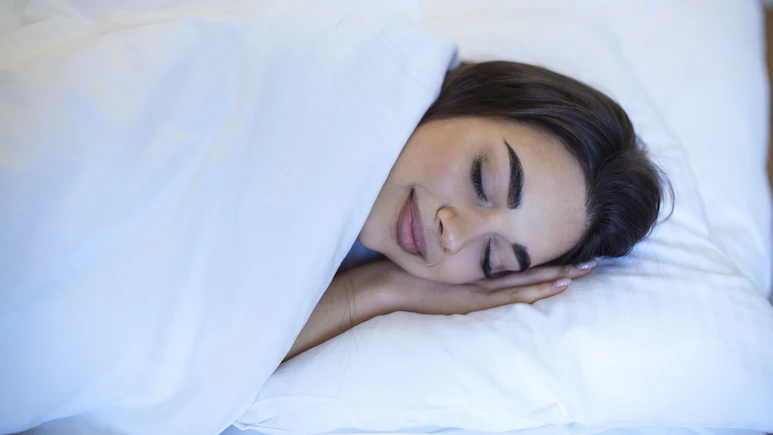If you thought eight hours of sleep is what you need to be healthy, a new study suggests otherwise. Not getting enough sleep can mess with your health! Another golden rule is that a person should get eight hours of sleep every day. From wellness guides to sleep experts, we have long been preached that eight hours of sleep is a must for everybody. But what if it isn’t the magical number you need to be healthy? The results revealed that sleep hours required for good health vary across cultures, and they can be adjusted “based on cultural norms,” said Dr Steven Heine, professor of social and cultural psychology at UBC and senior author of the study. As per the researchers, the average in Canada was 7 hours and 27 minutes, while in France it was 7 hours and 52 minutes, and in Japan, it was 6 hours and 18 minutes. For example, an obese person may require more hours because the quality of sleep can be poor due to conditions such as sleep apnea. Similarly, a population that is overworked (and works a 6-day instead of a 5-day schedule) might have different sleep needs than a population that values a work-life balance.” In short, eight hours of sleep is an adequate amount that would work for most people, but you can determine your sleep hours according to your surroundings, health problems (if any), your age, and other factors. The best way to know is by consulting an expert. Internal clock: “There are several issues, both internal and external, that influence a person’s sleeping schedule. Your body’s internal clock, referred to as the circadian rhythm, instructs you on when to sleep and wake. This rhythm is regulated by exposure to light, primarily sunlight in the daytime, and screen time at night. If that is interrupted, you may experience health problems. Leading a bad lifestyle: Sleep schedules tend to be haphazard due to the kind of lifestyle people lead these days. “In addition, the use of backlit devices before bedtime, erratic meal schedules, and consumption of stimulants such as caffeine and nicotine all interfere with a person’s sleep schedule. Maintaining ‘sleep hygiene’, which is the backbone of ensuring a restorative sleep, has become challenging, and that’s what people need to work on
Thank you for reading this post, don't forget to subscribe!
Sunday, October 12, 2025


